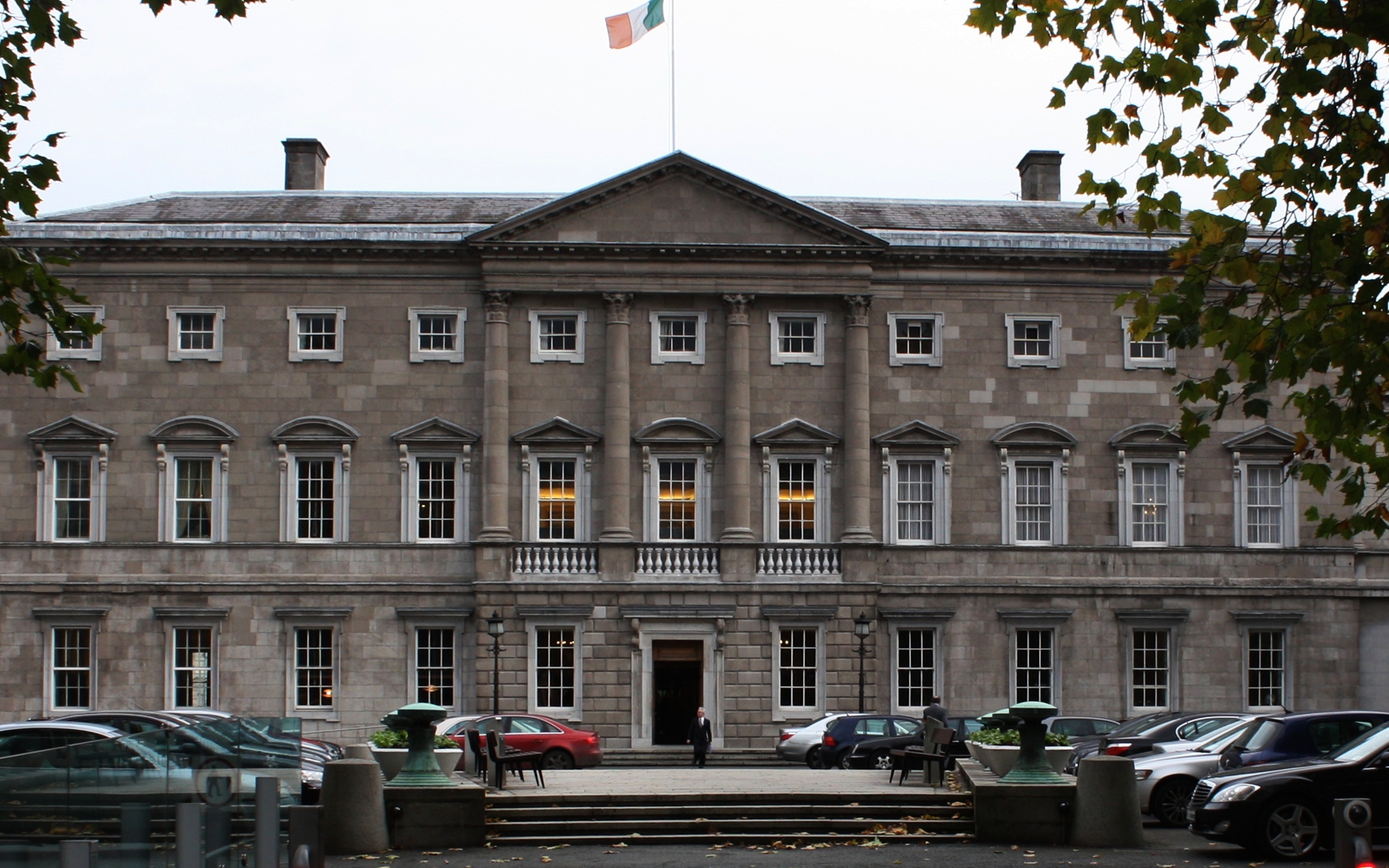Simon Harris has said that he has begun proceedings for Ireland to become a member of CERN, the European Organization for Nuclear Research.
Speaking in the Dáil to mark Science Week, Minister Further and Higher Education, Innovation, Research and Science said that he had asked his department to prepare a submission for the government to consider Ireland joining the Geneva-based research centre, one of the largest in the world.
Harris said that in his view, “we need to join CERN”.
He continued: “For over two years and i’m sure for many in this house a lot longer, I’ve been listening to researchers, I’ve been listening to industry, I’ve been listening to many people, including our citizens, and it’s clear that people want Ireland to be at the table when it comes to CERN.”
Harris noted that “the costs of joining CERN are significant but I think the benefits are also significant”.
According to Professor Sinéad Ryan of Trinity’s School of Mathematics, associate membership would cost Ireland around €1.34m a year to gain, while full membership would cost approximately €13.5m annually. Full membership would also include a once-off payment of €16.8m, which can be paid over a period of 10 years.
The Minister added that having spoken to the Taoiseach, “I know I have his full support”.
In September, an event was held in the provost’s residence in College to discuss the benefits of CERN membership for Irish researchers, academics and businesses.
Speaking at the event, Provost Linda Doyle said: “We have brilliant people in this room, brilliant people in Ireland who will be better able to use their talents if they can get access to CERN equipment and facilities.”
In a statement to Trinity News, Doyle “warmly welcomed” today’s announcement, urging government “to give the proposal their enthusiastic support”.
She continued: “Membership of CERN would be great news for researchers in Ireland.”
“I want to thank those in the Trinity community who continue to advocate on this issue. I want to mention, in particular, Prof. Sinéad Ryan in the School of Mathematics and Michael Mitchell, PhD researcher and founder of the Theoretical Physics Student Association, who have kept the pressure on policymakers regarding this issue.”
“The recent meeting in Trinity, which was convened by Sinéad and Michael to discuss this matter, was attended by public representatives from across the political spectrum. Efforts like that have been a big factor in leading to today’s announcement,” the statement concluded.
Earlier this year, the Theoretical Physics Student Association (TPSA), a student-run group of theoretical physics students in Ireland, started a petition calling for Ireland to join CERN.
In a statement to Trinity News, founder of TPSA Michael Mitchell said: “This is a huge moment for science in Ireland.”
“Firstly, because of the CERN-related opportunities this could open up for Irish scientists and businesses to enrich our knowledge and technology in pursuit of very fundamental physics.”
Mitchell continued: “Secondly, the cross-party agreement we’ve seen on the necessity of CERN membership in the past months has culminated in a concrete step forward today.”
“This is a coherent signal of confidence by both government and opposition in Irish academia; mark my words, we will demonstrate once again that science and academia can and will do right by investment.”
TPSA added that the efforts of Senator Malcolm Byrne and TDs James O’Connor and Rose Conway Walsh, who “have been very supportive over the last few months”, were worthy of recognition.
Established in 1954, CERN operates the largest particle physics laboratory in the world and is one of the world’s leading research centres.
23 European states are currently members of CERN.
In 2018, University College Dublin’s Professsor Ronan McNulty told an Oireachtas committee that CERN membership for Ireland was a “no-brainer”, saying that investment in membership would have a “multiplier effect” which would return more than three times the cost of membership to Ireland in economic gains.
This article was updated at 15.45 on 16 November 2022 to include a statement from the provost.






